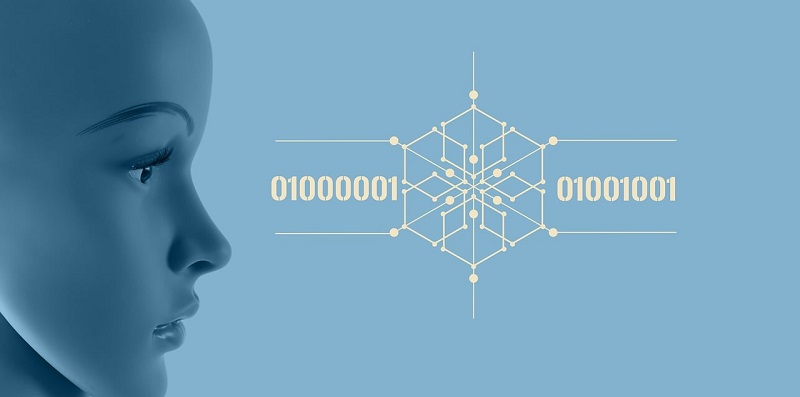Artificial intelligence (AI) has become an integral part of our lives, revolutionizing industries and shaping our future. However, with the rapid advancement of AI technology, it has become crucial to address the ethical concerns surrounding its development. To tackle this challenge, the World Ethical Data Foundation has developed a comprehensive checklist consisting of 84 questions that developers can utilize at the beginning of an AI project. This article will delve into the importance of ethical considerations in AI development and provide an overview of the foundation’s checklist.
The World Ethical Data Foundation’s Checklist
The foundation’s checklist is designed to guide developers through the complexities of AI development and ensure that ethical standards and safety are met. The 84 questions cover a wide range of critical aspects, including bias prevention, handling of illegal results, data protection compliance, transparency to users, and fair treatment of human workers involved in training AI products.
Preventing Bias and Handling Illegal Results
One of the key focuses of the checklist is on preventing bias in AI products. Bias in AI algorithms can perpetuate existing prejudices and discrimination. The checklist urges developers to consider measures such as diverse datasets, regular audits, and sensitivity testing to identify and mitigate bias. Furthermore, the checklist prompts developers to outline strategies for handling situations where the AI tool produces results that violate the law, ensuring that legal and ethical responsibilities are prioritized.
Compliance with data protection laws
Data protection is another crucial consideration in AI development. Developers must comply with existing data protection laws to safeguard the privacy and confidentiality of user data. The checklist encourages developers to outline their strategies for ensuring data security, obtaining user consent, and providing mechanisms for users to control their data and opt out if desired.
Transparency to Users and Fair Treatment of Data Workers
Transparency is of paramount importance to build trust between AI systems and users. The checklist emphasizes the need for developers to be transparent about how AI technologies operate, the data they collect, and how they make decisions. Users should be informed when AI is involved in their interactions and should have the ability to understand and contest the decisions made by AI systems. Additionally, the fair treatment of human workers involved in data input or tagging used for training AI products is highlighted, addressing concerns about potential exploitation or bias in the work environment.
Addressing challenges and risks in AI development
The release of the checklist reflects a growing recognition of the challenges and risks associated with AI development. Developing AI technologies without proper ethical considerations can lead to unintended consequences, endangering privacy, security, and individual rights. Recognizing the need for effective measures, various organizations both regionally and internationally have proposed voluntary frameworks for safe AI development. These frameworks aim to provide guidance and industry-wide standards to ensure responsible and ethical innovation in AI.
The “Wild West” stage of AI development
Vince Lynch, founder of IV.AI and advisor to the World Ethical Data Foundation, describes the current state of AI development as a “Wild West stage.” As the flaws within AI systems become more apparent, it is necessary to address these issues through ethical frameworks and guidelines. The checklist acts as a step towards bringing order and accountability to the AI landscape.
Importance of transparency to users
Transparency to users is a key aspect highlighted in the foundation’s framework. It ensures that users are aware of the AI’s involvement in their interactions, helping them trust the technology and make informed decisions. Transparent AI systems also enable users to understand how their data is used, promoting a sense of control and accountability.
Willo’s AI Tool Development
In the business world, companies like Willo, a Glasgow-based recruitment platform, have prioritized ethical concerns in the development of their AI tools. Willo’s AI tool, which took three years to build, placed a strong emphasis on transparency and user control. By openly communicating how the AI system works and involving users in decision-making processes, Willo has established a foundation of trust and ethical practice.
The release of the World Ethical Data Foundation’s voluntary checklist for ethical AI development marks a significant step forward in addressing the pressing need for ethical considerations in the field of artificial intelligence. The checklist, encompassing 84 questions, takes into account important aspects such as bias prevention, data protection compliance, and transparency to users. As the flaws within AI systems become more apparent, it is crucial for developers and organizations to embrace ethical guidelines to ensure the responsible and safe development and deployment of AI technologies. By prioritizing ethical considerations, we can create an AI landscape that upholds fairness, transparency, and respect for individual rights, ultimately benefiting society as a whole.

